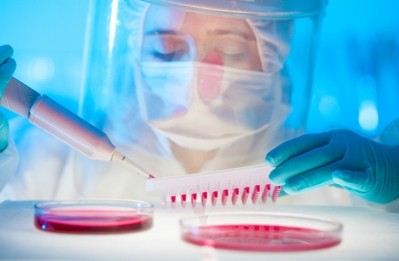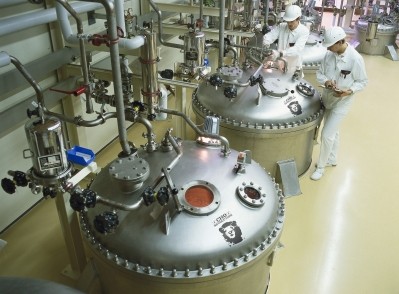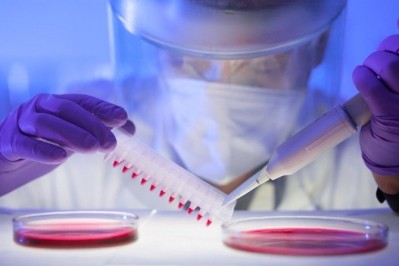Horizon inks optimisation tech deal for next generation CHO K1 cell line

The research and development collaboration will see Cambridge, UK-based Horizon assess its GS (glutamine synthetase) null CHO K1 cell line – used by its clients in clinical and commercial bioproduction – with Belgian firm AmplyCell’s BOOST cell line optimisation technology.
According to Horizon product manager Jamie Freeman, the BOOST technology is the only platform available that can be used to generate stable improvements in the expression capacity of parental lines without the need for engineering.
“Having spoken with Amplycell I was impressed with their principles and scientific rigour, and of course the commercial terms allowed for a good business case to evaluate the impact of their technology,” he told Biopharma-Reporter.com.
Amplycell will stimulate the cell line’s stability and productivity using a four-stage process:
In the diagnostics stage, the cell line will be monitored and tested with biomarkers being identified. The ‘BOOST’ stage will determine the best boosting conditions treatments to form the basis of a cell bank.
The ‘recovery’ phase involves cell isolation, daily observations, and qualitative selection of thirty clones, before the ‘studies’ phase which allows selection of the clones that are predisposed to a better stability and productivity.
Pay to upgrade
The collaboration – financial details of which were not divulged – is expected to yield results in the second half of this year.
“Once we have a sufficient body of data available, we will be making the cells available for licensing,” said Freeman.
As for customers already incorporating Horizon’s CHO K1 cell line within drug manufacturing, Freeman said there could be an opportunity to “upgrade” to the next generation cell lines depending on their licensing terms.
“We have a structure in place to allow customers to pay a small premium in order to access our new lines as we make them, followed by a discount on the commercial license.
“Alternatively, customers may take a license to use any of our cell lines on a one-time fee basis for each line. Essentially, they would be paying to ‘upgrade’ their cell line in the same way that we upgrade our mobile phones for a new model as the technology improves.”
While Freeman said the firm does not expect customers changing cell lines once a product has entered the clinic, “a GS null CHO K1 cell line should slot into the development and manufacturing process of a company relatively seamlessly to be used for the expression of products currently in their pre-clinical pipeline.”













